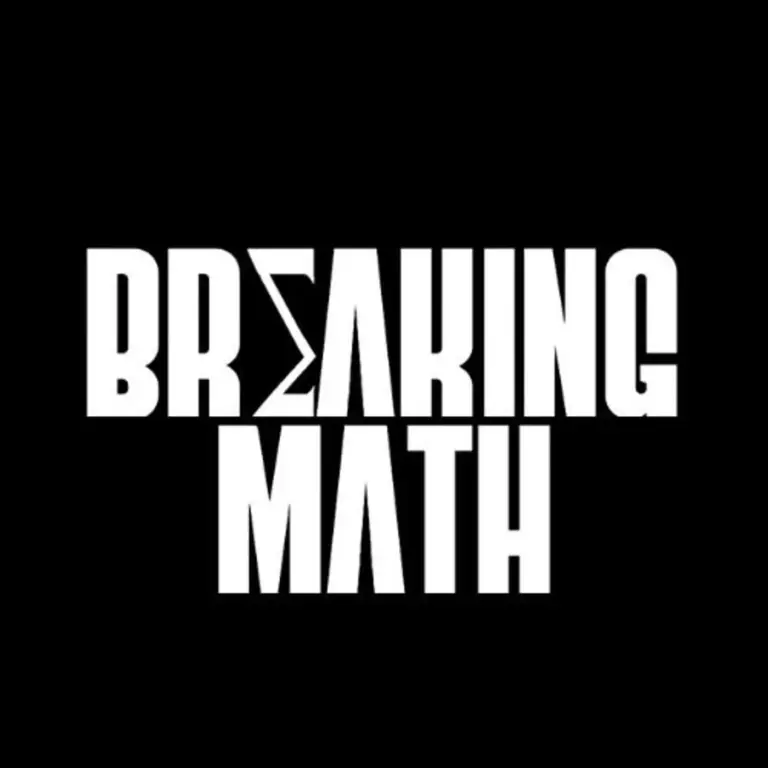
In the study of mathematics, there are many abstractions that we deal with. For example, we deal with the notion of a real number with infinitesimal granularity and infinite range, even though we have no evidence for this existing in nature besides the generally noted demi-rules 'smaller things keep getting discovered' and 'larger things keep getting discovered'. In a similar fashion, we define things like circles, squares, lines, planes, and so on. Many of the concepts that were just mentioned have to do with geometry; and perhaps it is because our brains developed to deal with geometric information, or perhaps it is because geometry is the language of nature, but there's no doubt denying that geometry is one of the original forms of mathematics. So what defines geometry? Can we make progress indefinitely with it? And where is the line between geometry and analysis?
---
This episode is sponsored by
· Anchor: The easiest way to make a podcast. https://anchor.fm/app
Support this podcast: https://anchor.fm/breakingmathpodcast/support